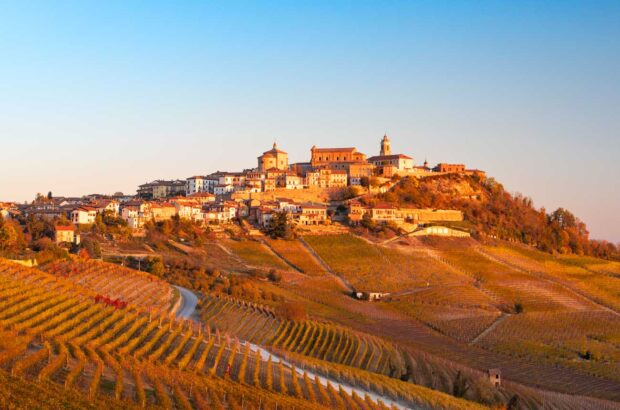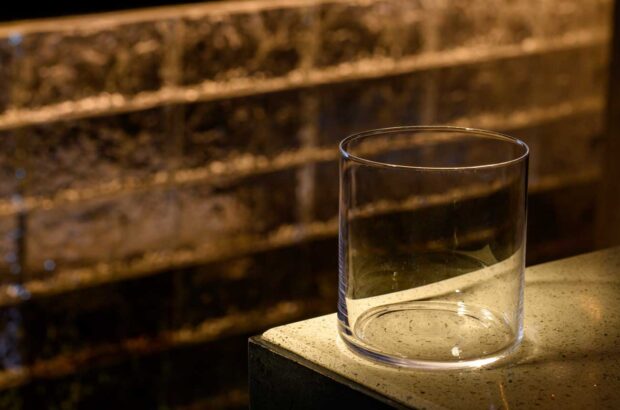French winemakers, outraged at proposed new EU regulations to allow rosé wines to be made from a mix of whites and reds, have won the right to carry a special designation on labels indicating that their rosé wines are made from 'traditional' production methods.
But the concession by the EU Commission, announced 24 March, did little to placate the French producers.
‘This is entirely insufficient,’ Marc Rolley, head of the ODG Côtes-de-Provence winemakers association, the largest representing French rosé producers, told decanter.com.
‘It still allows the mixing of reds and whites and it is against this that we are opposed. We don’t make a sub-product. The fact that we have to justify ourselves is shocking and is standing the problem on its head,’ he added.
France is the world’s premier rosé-maker. It accounts for 10% of global production and 28% of all European production, ahead of Italy. French rosé wines are traditionally made from the brief maceration, or alternatively the pressing, of red grapes.
While the method is not unique to France, the process of rosé winemaking has been the object of considerable investment, chiefly among the country’s southern vineyards, over recent years. ‘The EU will now undo 30 years of efforts we have made in hoisting rosé into the category of noble wines,’ said Mr. Rolley.
The Commission is due to approve new regulations on 27 April allowing EU winemakers to produce increasingly popular rosé from mixing whites with reds, a practice commonly used among producers in other regions.
See Sarah Jane Evans’ article in the current issue of Decanter magazine on the growing importance of colour when it comes to wine. Click here to subscribe
Written by Graham Tearse





